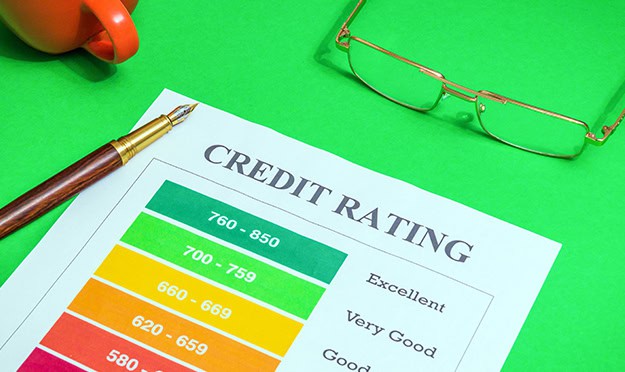Close a Credit Card Without Hurting Your Credit Score

Closing a credit card can have ripple effects on your credit score. It’s important to understand how closing a card affects your credit and what steps to take to minimize bad impacts. Here are the factors that will determine whether closing a card will negatively impact your score:
- Your credit utilization ratio. Closing a card reduces your total available credit, which can increase your utilization ratio if you carry balances on other cards.
- The length of your credit history. The age of your credit accounts factor heavily in your score. While a closed account may remain on your credit report for several years, its impact on your score lessens over time.
When should I close a credit card?
Under the following circumstances, it’s best to close a credit card:
- High annual fees and/or poor customer service. If your card carries a high annual fee, or the company has poor customer service, it may not be worth keeping it open.
- You hardly use the card. If you rarely use the card, and it has a low credit limit, it’s likely not doing much for your credit score — so closing it won’t affect your score much.
- You’ve graduated to a permanent card. Some credit cards, like secured cards, are meant to be temporary. Once you’ve proven you can regularly pay your bill on time, you may be able to move onto an unsecured card.
- Your life circumstances changed. If you’re getting divorced or separated from a life partner, or your spouse has passed on, it’s smart to undo your joint finances, which includes canceling joint credit cards.
- You have reason to believe your card may have been compromised. If a card has been frauded and/or poses a security risk, it’s best to close it.
How can I close a credit card responsibly?
If you’ve determined that it’s in your best interest to close a credit card, here’s how to do so responsibly:
Step 1: Pay off or transfer your balance. Before closing a credit card, ensure the balance is zero.
Step 2: Review your credit utilization. If the card has a high credit limit and you carry balances on other cards, closing it can spike your utilization ratio.
Step 3: Consider account age. If the card you want to close is your oldest credit account, think twice. The longer your average account age, the better it is for your credit score.
Step 4: Redeem rewards or points. Redeem any cashback, points or miles before closing your account so you don’t forfeit them upon closure.
Step 5: Inform the card issuer. Call the customer service number on the back of the card to request closure. Confirm the account is closed in writing.
Step 6: Monitor your credit report. After closing the account, check your credit report to ensure the status is updated correctly.
Are there alternatives to closing my credit card?
If you’re worried about potential credit score impacts, consider these alternatives:
Ask your card issuer if you can downgrade to a no-fee version of the card. You can also physically remove the card from your wallet or store it in a secure place where you can’t use it. Finally, you can use your card sparingly, only charging small, recurring expenses to the card to keep it active.
How can I minimize the impact of closing a credit card on my score?
First, keep your overall credit utilization low by paying down any balances on your cards before closing one to ensure your utilization ratio stays low. Next, if you have multiple cards to choose from, close the one with the shortest history to preserve your average account age. Finally, avoid making other major credit changes, like applying for new loans or cards, right after closing a card.
« Return to "Blog"
